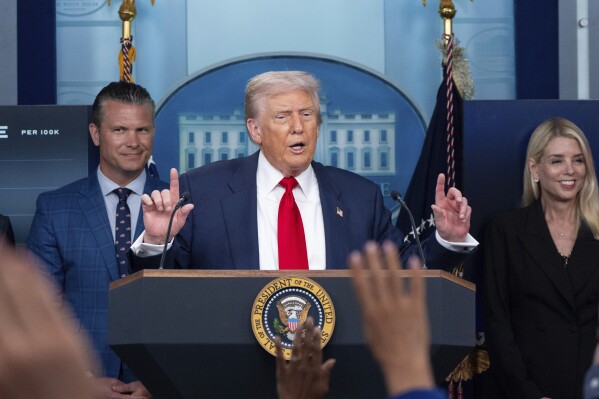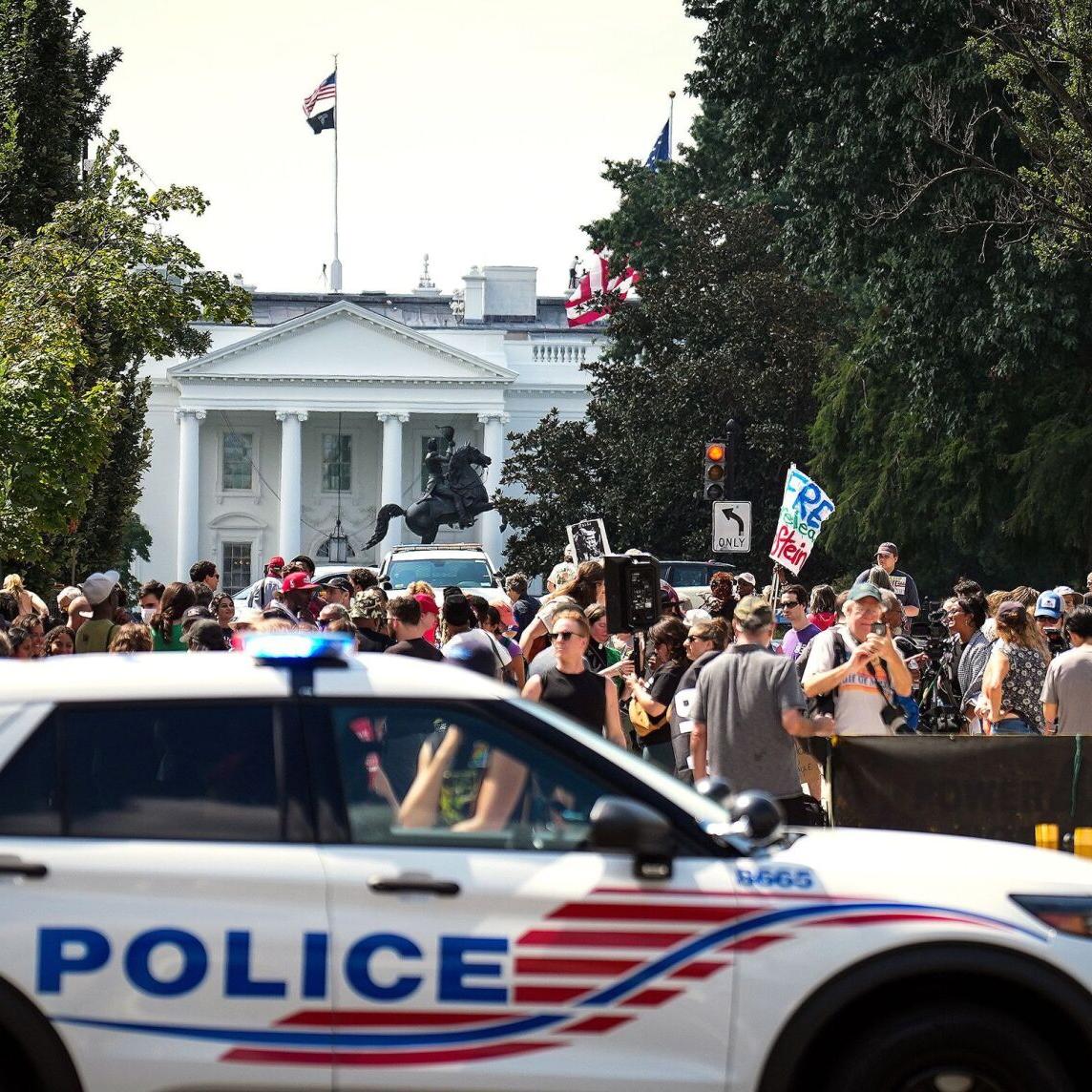The Trump administration has reversed its move to take over Washington D.C.’s police force. The decision keeps the local chief in place but comes with strict new federal rules.

A Sudden Reversal
The Trump administration has changed its plan in a dramatic turn of events. They will no longer take control of Washington, D.C.’s police force. The move sparked legal challenges and strong public opposition. Now, after weeks of tension, the local police chief will remain in charge.
But there’s a catch. While the takeover has been reversed, the administration has imposed new rules. From now on, D.C. police must cooperate with federal immigration enforcement, even if local laws disagree.
Why This Matters
This decision is not just about Washington. It raises big questions about local control versus federal power. Who should have the final say in running a city’s police department—the elected local leaders or the federal government?
For D.C., the answer has always been sensitive. Unlike other cities, Washington is not a state. It has limited autonomy, and federal influence often plays a heavy role.
The Political Storm
The takeover attempt triggered outrage. City leaders argued that the move violated home rule and undermined democracy. Civil rights groups also raised alarms, fearing it would erode trust between communities and law enforcement.
The reversal shows the pressure worked. But the new immigration enforcement mandate shows that the administration still wants a strong grip on D.C.’s policing policies.
This moment feels like a reminder of how politics can create rifts. It echoes sentiments explored in The Art of Losing Friends and Influencing No One. In these instances, power struggles often backfire. They leave deeper divides.
Immigration at the Center
Attorney General Pam Bondi issued the directive linking D.C. police to federal immigration efforts. This means local officers will now be expected to work more closely with agencies like ICE.
Critics warn that this could discourage immigrant communities from reporting crimes or seeking help. Supporters, however, say it will strengthen law enforcement and reduce crime.
This tug of war reflects the larger national debate over immigration, a topic that has shaped American politics for years.
Wider Implications
This decision may also set a precedent. If the federal government can impose such conditions on Washington, D.C., could similar efforts extend to other cities?
The move also connects to broader U.S. relations and power dynamics. Just as trade deals shift global influence—like in U.S. and EU Sign New Trade Deal – What It Means. Domestic policies like this reshape how power is balanced at home.
For more on how these shifts tie into global affairs, you can also explore www.america112.com.
Voices from the Community
People in Washington are divided. Some see the reversal as a victory for democracy. Others worry that the new federal mandate is simply another way to control the city.
For many residents, it feels like their city is caught in the middle of a political fight. They want safety and fairness, not battles between local leaders and federal power.
Final Thoughts
The Trump administration’s reversal on the D.C. police takeover is more than a policy shift. It is a reflection of the tension between local independence and federal authority.
Yes, the local chief stays in place. But the strings attached show that Washington’s policing future will remain tied to national politics.
The story is still unfolding. What happens next in D.C. may well shape how power is shared—or fought over—in America’s future.

